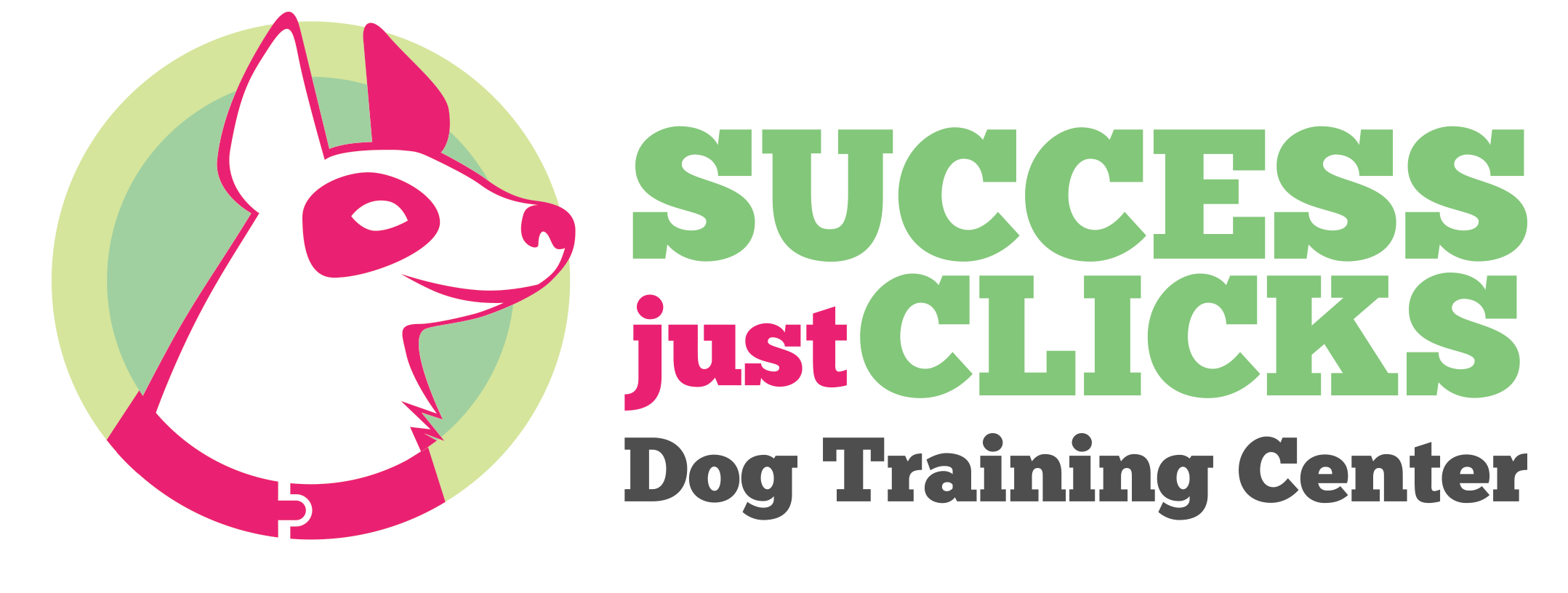Have you ever gotten lost while driving or been in a situation where you were being ushered through some event but you had no idea what where you were going or what was happening next–how about a haunted house where you have NO idea what’s going to be around the next corner? It is often times really stressful and fear inducing to not know what to expect in the future or not knowing what’s going to be happening around you. Knowing what to expect and what will be coming next creates a definite sense of security for people because the sequence of events for a given situation are known (perhaps not the outcome but the general plan).
Like people, dogs really thrive when they have a regular routine. Creating a routine (strictness can vary) can help in potty training, in dealing with mild separation anxiety (or help preventing it), in putting structures in place to reign in pushy dogs (or independent teenagers), in creating a doorbell routine, in creating a bedtime routine, and to build confidence with fearful or concerned dogs. There are just so many great ‘side effects’ to building in a consistant routine for our canine partners.
One of the things I suggest for new and/or fearful dogs into a home is to put the dog on a pretty regimented schedule. Dogs can quickly learn a routine and begin to learn how they fit in the world. Knowing the family routine does a few things for the dog, it helps them feel safe and secure because they know what comes next and there aren’t many unexpected surprises. Routines also help them learn the expectations for different parts of the routine. “First I get up in the morning, THEN I go for a potty walk (where I need to pee), THEN comes breakfast, THEN bath time for my people, THEN a walk where I need to do more of my business, THEN my people eat, THEN they leave for a looong time, but THEN they come back. They always come back.”
One of the other side effects of building a consistent routine is that you can teach some fantastic default behaviors. Because the dogs know what to expect, they often will start doing what is expected without being asked. Living with dogs is so much easier when they know what to expect and act accordingly.
One of the first things that happened after moving back in with family a few years ago was instituting a dinner routine. With 3 dogs in the house, dinner time would certainly be quite the challenge with all the dogs begging, staring, and drooling. Shayne started out with a really solid ‘bed’ behavior but Rio did not yet have a solid bed behavior. He could go to his bed but he couldn’t hold that position for long amounts of time. So at the beginning of dinner every night, Shayne was sent to her bed and Rio was put in his crate–sometimes with a treat, kong, or bully stick. After some time, I stopped having to shut Rio’s crate door, he would go in, lay down and sleep even with the door wide open. It didn’t take too long before I took the crate away and just left the dog bed in the same place and Rio got the idea of of just laying on his bed during dinner time.
 The really awesome end behavior is that when I get a plate out of the cupboard, both dogs go the one remaining dog bed and lay down. I don’t even have to ask them to go anymore, they know the routine, they know the expectations so they just do it. It’s one less thing I have to worry about or I have to tell them to do, they just do it.
The really awesome end behavior is that when I get a plate out of the cupboard, both dogs go the one remaining dog bed and lay down. I don’t even have to ask them to go anymore, they know the routine, they know the expectations so they just do it. It’s one less thing I have to worry about or I have to tell them to do, they just do it.
What type of routines do your dogs have? Greeting rituals? Bedtime?

With Shiva’s separation anxiety I found creating a strict and consistent routine really helped her relax and trust that we would return. Now the only time she still seems to have difficulty is if we have to leave her at unusual times, like on a weekend or evening.
I’ve read some articles by people who believe routines that are too strict can cause even more anxiety in a dog if you ever do have to deviate. Some part of me wonders if this is what we have done, if we have caused Shiva to be too reliant on a set order of things. Do you think that’s possible or something we should even be concerned about?